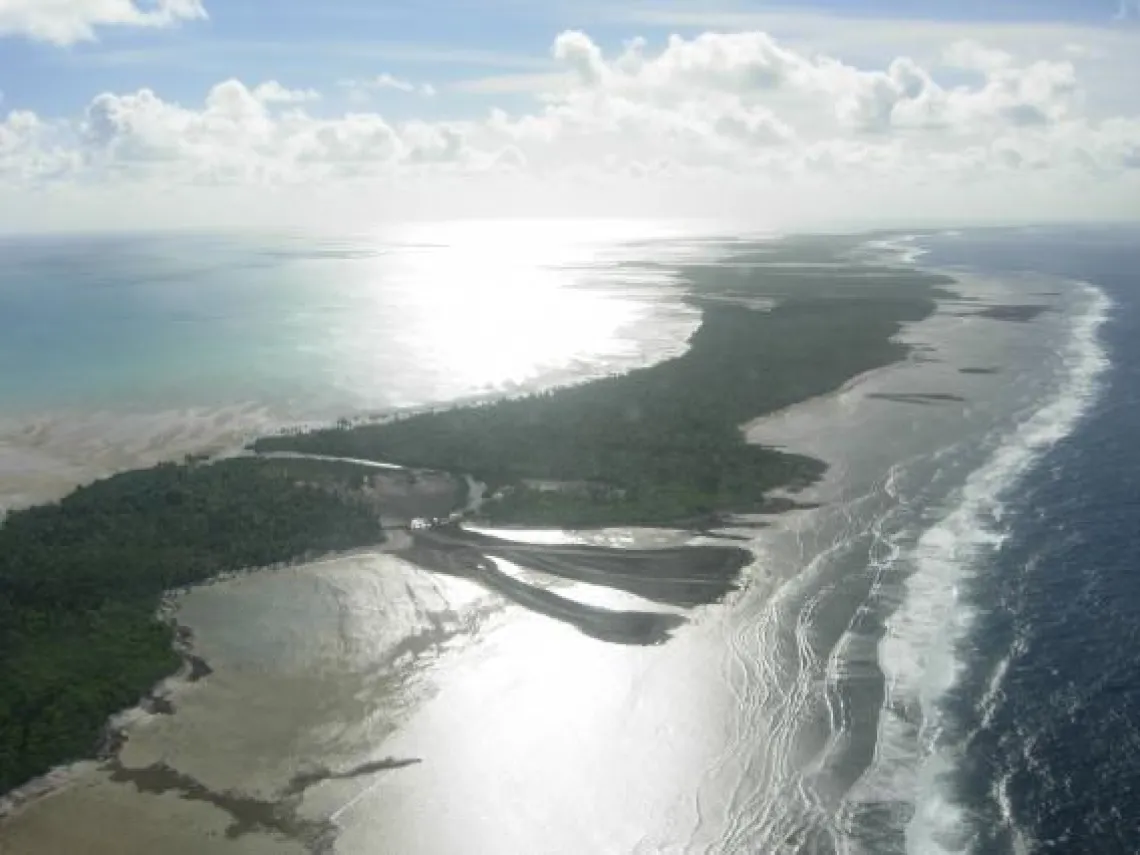Sophie Webber on the Pacific Adaptation Complex

Sophie Webber
In Novermber 2015, Sophie Webber, postdoctoral fellow at the University of California Los Angeles, spoke at the University of Arizona on Circulating climate services in the 'Pacific Adaptation Complex.’” The talk was part of the UA School of Geography and Development Colloquium series and was co-hosted by CCASS.
This research presentation poses a simple question: Does science help climate change adaptation? In responding to this question, Webber examined the production and consumption of ‘useful’ packages of climate change science that have come to be called climate services. Alongside climatologists and meteorologist, scholars theorizing the science-policy interface continue to stress the need to bridge the gap between science and decision-making by creating service products. Drawing from field research conducted on both the supply and demand side of the climate service movement in the small island developing states of Kiribati and Solomon Islands, she traces the rise, impact, and political economy of this new business model within the ‘Pacific Adaptation Complex’. Webber outlined three contradictions that inhibit the circulation of climate services related to the commercialized model of producing science, and to the uncertain nature of climate science. She argued that the entrepreneurial model of climate services erodes the potential for science to inform adaptation.
Sophie Webber is an SSHRC Postdoctoral Research Fellow at the Department of Geography, UCLA. Drawing from critical economic geographies and political ecologies of climate change, Sophie’s research lies at the juncture of marketization, environment, and development. Recently, her research has examined the commercialization of climate change science in the context of urban infrastructure investments and adaptation planning in the South East Asian and Pacific region. With a particular interest in how financial flows and scientific expertise ‘go together’ in producing and structuring relations between the majority and minority worlds, this project is concerned with the entanglement of state, science and market logics.

